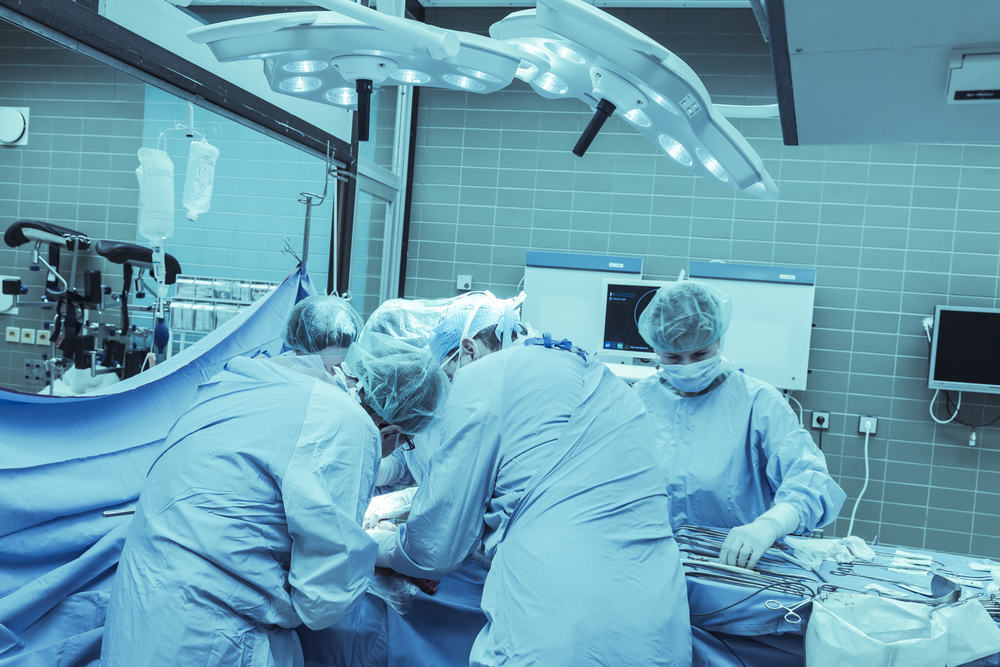Contents:
- Medical Video: WHAT I EAT IN A DAY! KIDNEY TRANSPLANT PATIENT!!
- What is a kidney transplant?
- How do kidney transplants work?
- What complications might occur?
- Are diet changes needed?
- What are the pros and cons of kidney transplants?
Medical Video: WHAT I EAT IN A DAY! KIDNEY TRANSPLANT PATIENT!!
What is a kidney transplant?
Kidney transplantation is an operation to move a healthy kidney from another person into your body. Donated kidneys will do enough work that your kidneys cannot do to keep you healthy.
How do kidney transplants work?
A surgeon places a new kidney in the lower abdomen and connects arteries and veins from the new kidney to your arteries and veins. Your blood flows through new kidneys, which make urine, just like your kidneys do when they are healthy. New kidneys may start working right away or it can take up to several weeks to make urine. Unless your own kidney causes infection or high blood pressure, your kidneys are usually left in place.
What complications might occur?
Transplantation is the closest thing to healing. But no matter how good the opportunity is, your body may reject the new kidney. A common cause of new kidney rejection is not taking the medication as prescribed. Doctors will give a drug called immunosuppressants to help prevent your immune system from attacking the kidneys, this process is called rejection. You need to take immunosuppressants every day during a functioning kidney transplant. Sometimes, even these drugs cannot stop your body from rejecting new kidneys. If this happens, you will return to some type of dialysis and maybe wait for another transplant.
Immunosuppressants weaken your immune system, which can cause infection. Some drugs can also change your appearance. Your face may look fuller; your weight may increase, or pimples and facial hair appear. Not all patients have this problem, although diet and makeup can help.
Immunosuppressants work by reducing immune cell function. In some patients, for a long time, this reduced immunity can increase the risk of getting cancer. Some immunosuppressants can cause cataracts, diabetes, excessive stomach acid, high blood pressure, and bone disease. When used from time to time, this drug can also cause liver or kidney damage in some patients.
Are diet changes needed?
Diets for transplant patients are not as strict as dialysis patients, although you may still need to reduce some foods. Your diet may change according to your medication, blood value, weight, and changes in blood pressure.
- You might need to count calories. Your medication can provide a greater appetite and cause weight gain.
- You may have to eat less salt. Your medication can cause your body to maintain sodium, which can cause high blood pressure.
What are the pros and cons of kidney transplants?
Kidney transplant has advantages and disadvantages. See the list below.
Pro:
- Kidney transplant works like a normal kidney.
- You may feel healthier and "more normal."
- Your diet has only a few restrictions.
- You don't need dialysis.
- Patients who succeed through the selection process have a higher and longer chance of life.
Counter:
- This requires major surgery.
- You may have to wait for a donor.
- Your body may reject the new kidney, so one transplant may not last for a lifetime.
- You will need to use immunosuppressants, which can cause complications.












